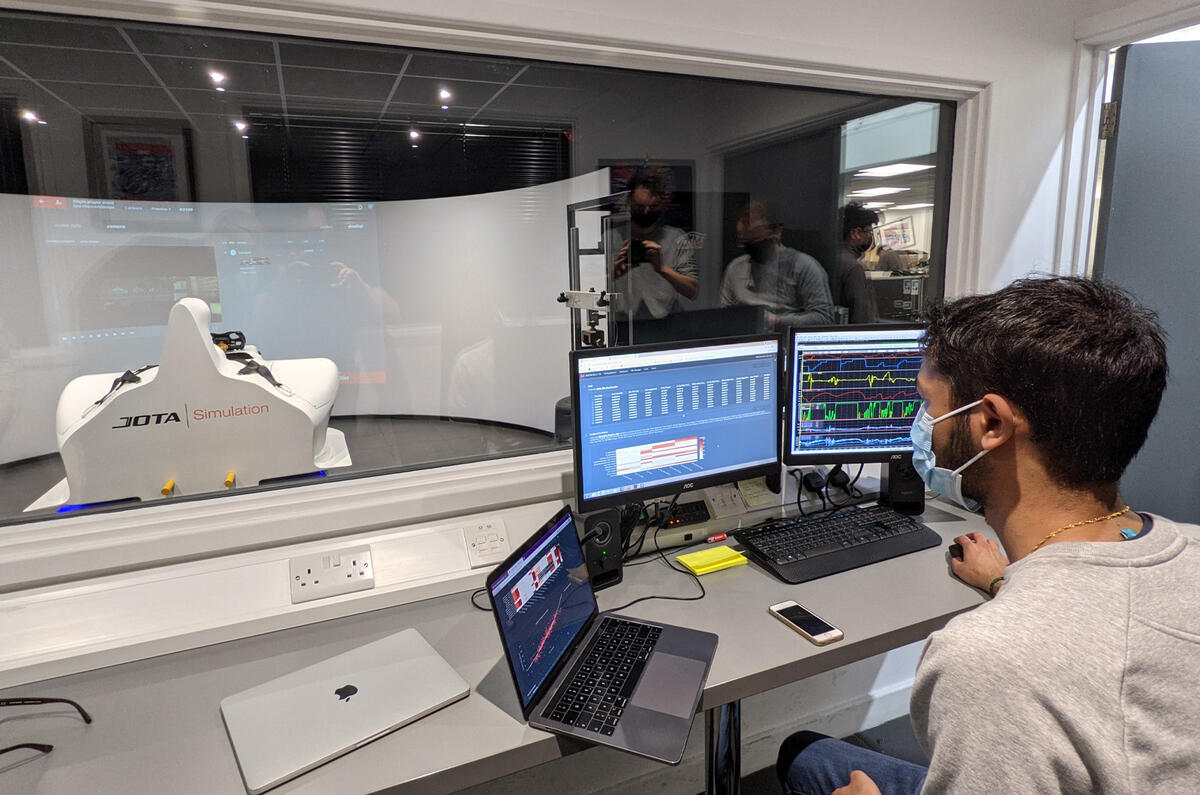It's said that the average car comprises some 30,000 parts, and today’s machines are irrefutably as complex as ever.
One could argue that electric cars have simpler powertrains, but, from battery chemistries to motor cooling and advanced aerodynamics, the challenges they introduce are more granular and difficult to pin down.
This is where artificial intelligence (AI) comes into play. By modelling tests in excruciating detail numerous times, machine learning can separate variables from the veritable chaos that is a car in motion, where humans would struggle to.




